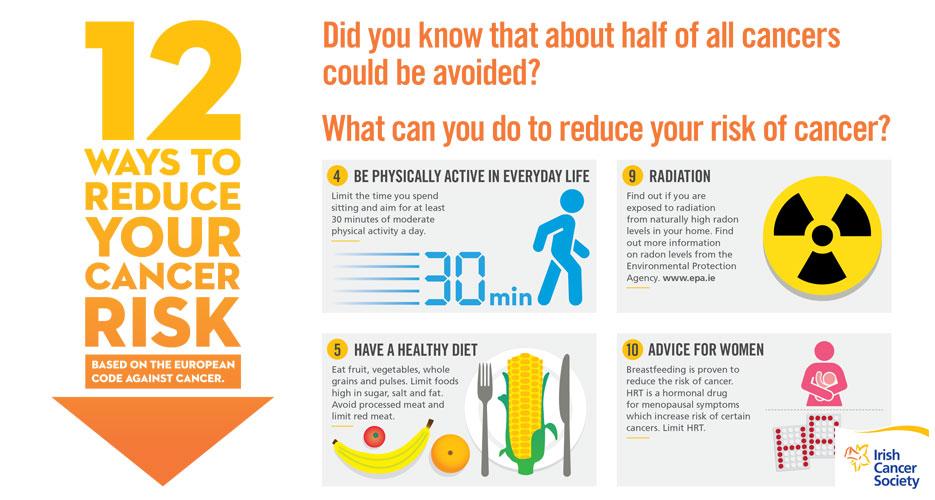Halitosis – Treating bad breath
Bad breath, or halitosis, derived from Latin halitus, meaning mouth the Greek suffix, osis, meaning diseased or a “condition of,” is a symptom in which a foul or unpleasant odour is present on one’s breath. I do not know of anyone who enjoys inflicting bad breath on others, nor do I know of anyone who enjoys feeling horrified at the prospect of suffering from embarrassing social situations involving terrible bad breath. It is humiliating to say the very least, and no one relishes the idea of being the bearer of bad tidings to a person who is suffering from bad breath. It is a very sensitive topic that can lead to many uncomfortable situations at work and at social gatherings.
Concerns of bad breath can be separated into genuine and non-genuine cases. Either way, studies have shown that it can result in terrible anxiety, depression, and obsessive-compulsive disorder (OCD).
Roughly 85% of cases of actual bad breath are due to issues inside the mouth
The other approximate 15% are due to conditions in the sinuses, nose, throat, lungs, oesophagus, or stomach. On rare occasions, liver failure or ketoacidosis is responsible for the halitosis.
Common causes of halitosis are from the bacterial film on the tongue, below the gum line and in small pockets created by gum disease (periodontal disease). Other common causes are abscesses, food impacted between the teeth, dental and gum niches, and poor oral hygiene or lesions or sores in the mouth. Even certain foods or habits may also contribute to bad breath. Smoking and drinking coffee are guilty activities that will eventually cause halitosis.
Halitosis can be easily preventable by taking careful and deliberate steps to avoid bad breath causing activities. For example, quitting smoking and drinking way less alcohol and acidic beverages will aid in preventing halitosis. It is worth the sacrifice of giving up these bad habits up if it helps to prevent stinky breath. No one wants to have embarrassing bad breath, let alone the myriad of other problems smoking and drinking alcohol may cause down the road.
Another great way to prevent halitosis is practising excellent oral hygiene. Good brushing habits are key in preventing bad breath, as well as using a tongue scraper to eliminate germs and bacteria from forming on the tongue and other surrounding areas. You should be brushing your teeth no less than twice a day, such as in the morning or at night, and flossing during those same times.
The more you brush and floss, the more trapped food can be dislodged, thereby combating bad breath causes. A water pic may be a good investment as well because they are able to get into hard to reach crevices inside the mouth. Rinsing with a strong antibacterial mouthwash is also helpful.
Another excellent way to prevent halitosis is to keep your regular dental checkups and cleanings. If gum disease goes undetected, halitosis is sure to rear its ugly head. Don’t fall prey to fear of the dentist, because it just may be able to prevent the social stigma of bad breath.







